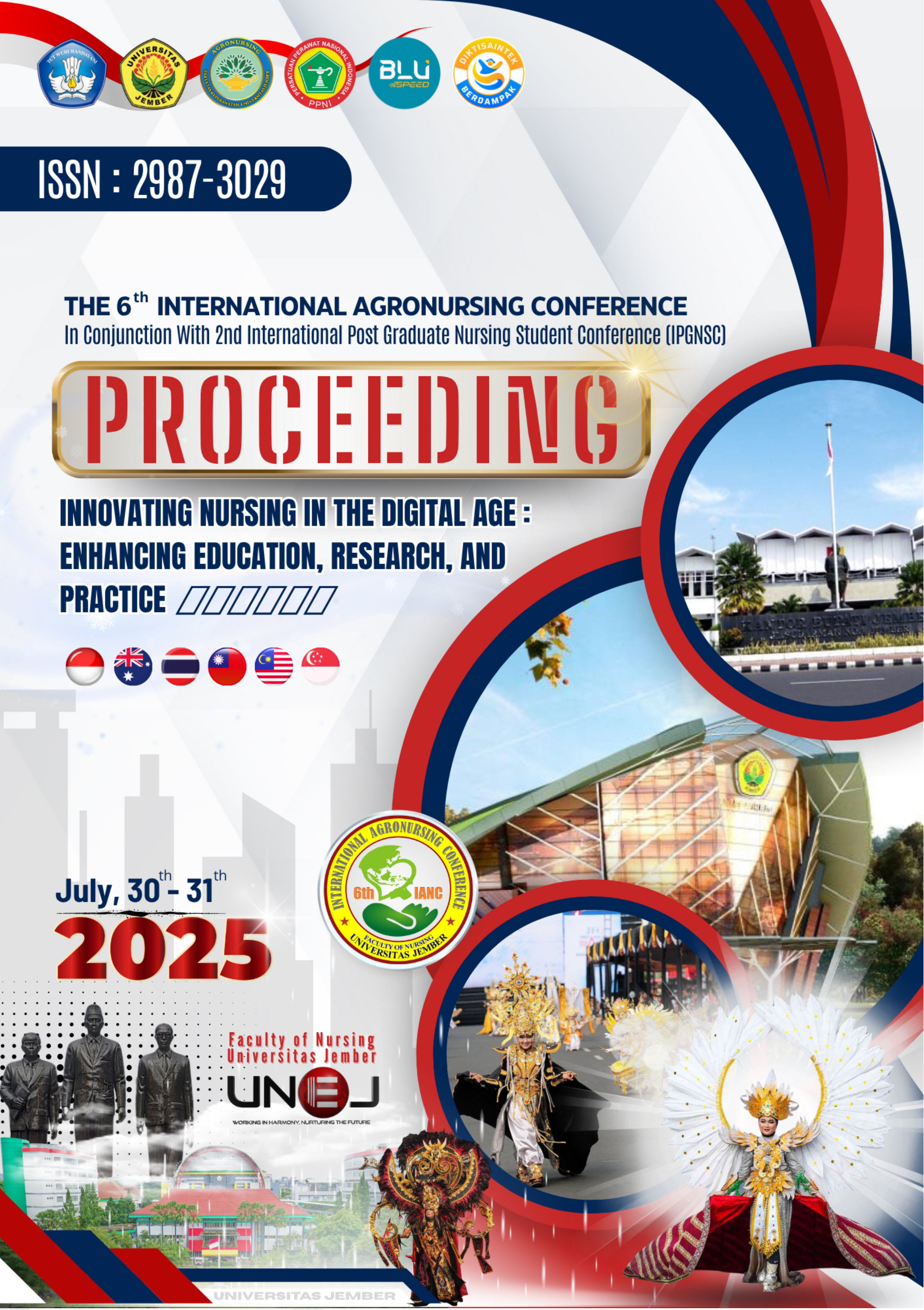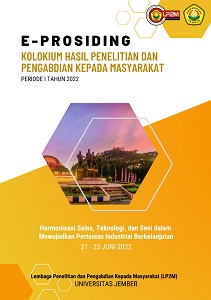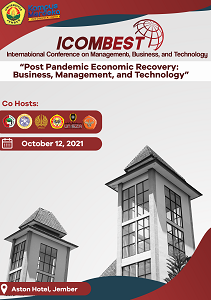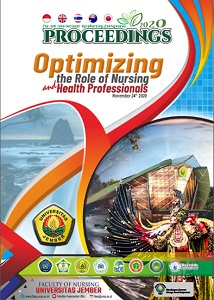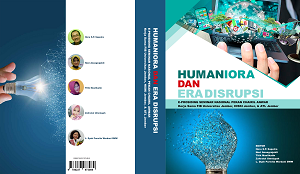FROM MESSAGING TO MONITORING: THE IMPACT OF SOCIAL MEDIA–BASED INTERVENTIONS ON SELF-CARE BEHAVIOR IN ADULTS WITH TYPE 2 DIABETES
Abstract
Background: Type 2 diabetes mellitus (T2D) requires sustained self-care for effective management. Social media offers accessible, interactive tools to support patient education and behavior change. This systematic review evaluates the effectiveness of social media interventions in improving self-care behaviors among adults with T2D. Methods: A literature search was conducted using PRISMA 2020 guidelines across Web of Science, ProQuest, PubMed, and CINAHL. Included were RCTs, quasi-experimental, and pilot studies published between January 2021 and May 2025. Quality assessment used RoB 2 and ROBINS-E tools. Due to study heterogeneity, narrative synthesis was applied. Results: Eight studies met inclusion criteria, utilizing WhatsApp, WeChat, Facebook, and Telegram. Most reported significant improvements in at least one self-care domain—medication adherence, diet, physical activity, or glucose monitoring. Six studies noted reduced HbA1c levels, especially with structured educational content and healthcare provider interaction. High participant satisfaction was found, particularly with culturally adapted, multimedia-based delivery. Peer interaction and interactive features further enhanced engagement and self-efficacy. Conclusions: Social media interventions show promise in promoting T2D self-care and glycemic control. Cultural tailoring, regular interaction, and multimedia integration are key success factors. Further research is needed to assess long-term efficacy, scalability, and applicability across diverse populations.

